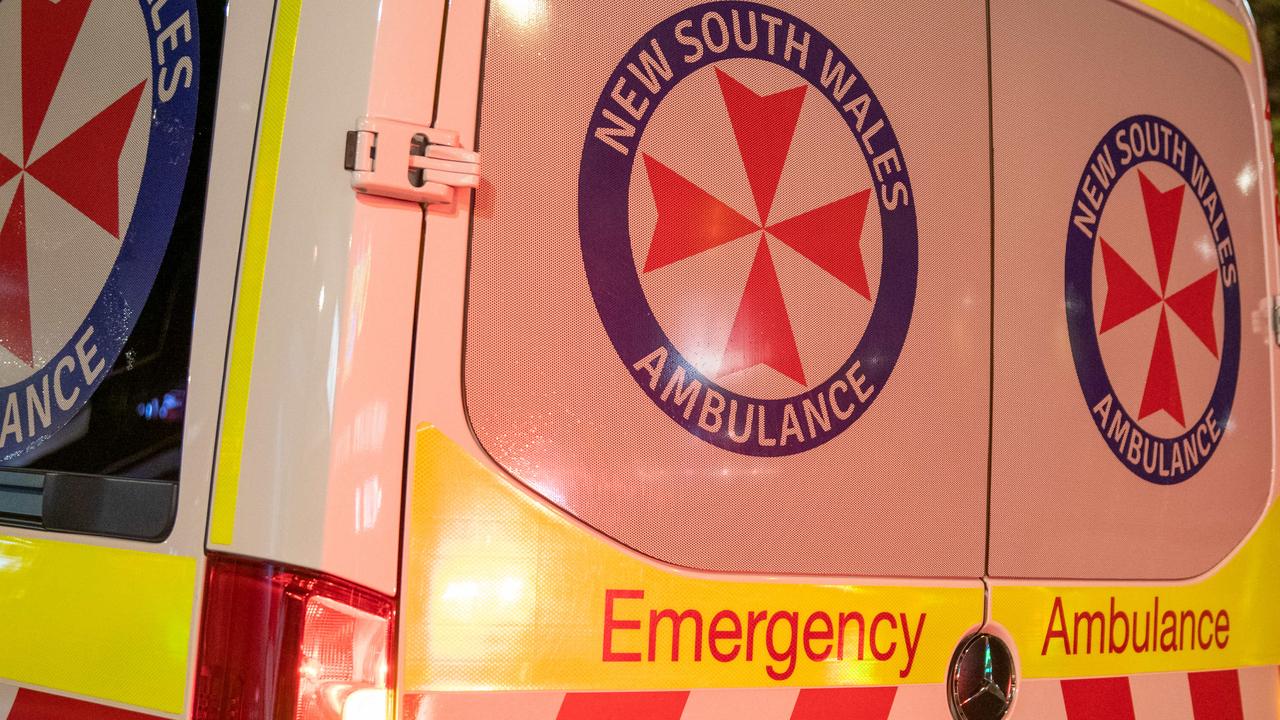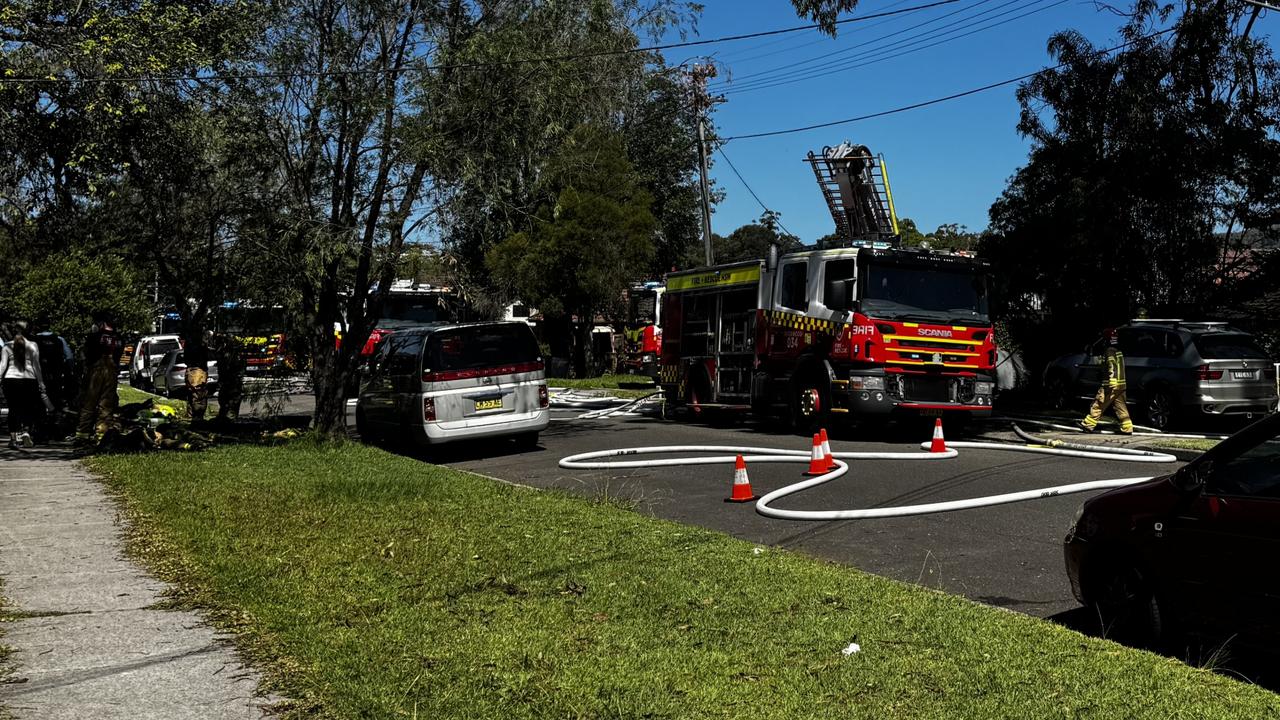Australian owners still waiting for pet food safety laws
In the 12 years since pet food safety was raised with the federal government and, despite a spate of deaths in recent years, there are still no laws to protect pets. RECALLS AND COMPLAINTS REVEALED.
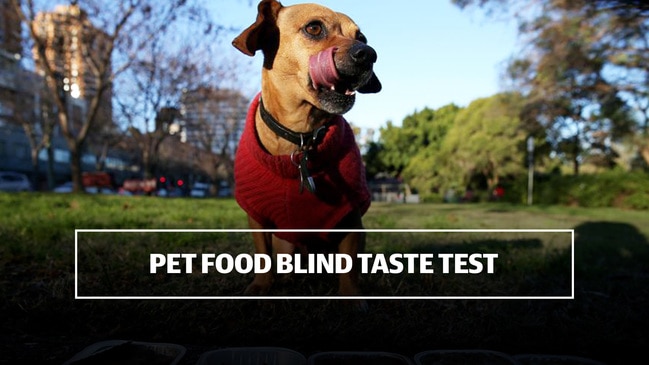
NSW
Don't miss out on the headlines from NSW. Followed categories will be added to My News.
It’s the unregulated industry putting our pets’ lives at risk.
In the 12 years since pet food safety was raised with the federal government, there are still no mandatory safety standards, no public recall system and no regulator that can take fast action when something goes wrong.
Australia’s $4 billion industry remains self-regulated and, while a senate inquiry into pet food safety last year recommended robust changes to protect consumers — supported by all stakeholders including manufacturers — pet owners may wait years to see them enacted.
The inquiry was sparked by a public outcry after a number of pet food recalls, the most extreme in December 2017 when Advanced Dermocare products were linked to 17 dog deaths and more than 100 cases of megaesophagus.
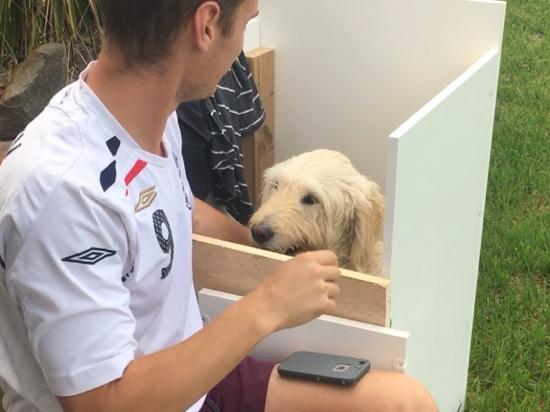
As there are no specific laws in Australia that force a pet food manufacturer to recall a product if it makes pets ill, it took Advanced Dermocare, owned by food giant Mars, three months to pull the product from shelves.
But pet-food related deaths go back much further to 2007 and 2009, when dozens of cats and dogs fell ill or died from irradiated cat food imported from Canada and imported chicken-jerky treats for dogs from China that caused kidney toxicity.
In 2009, a government working group was set up to investigate, however, no legislated safety standards were established.

A LONG ROAD TO REGULATION
The 2018 senate inquiry recommended mandatory safety standards, a consumer reporting mechanism and improved recall systems set up by the ACCC.
A working group is now investigating the issue and will file a report to senior Agriculture officials by the end of the year .
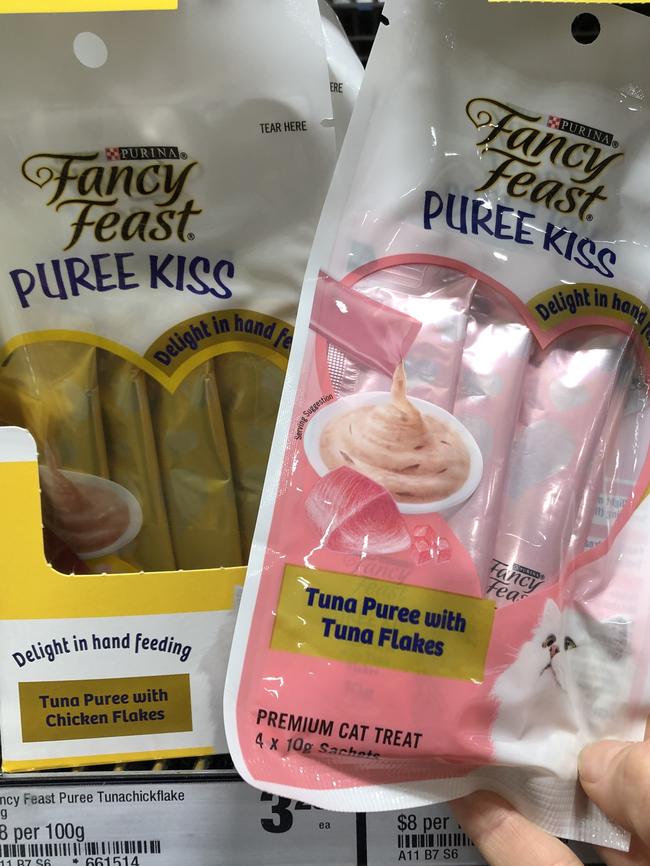
When asked if consumers can expect concrete protections,a spokesman for the Department of Agriculture said it could not pre-empt the findings of the review, which will be based on the available evidence and the advice of experts.
Sarah Agar, head of campaigns and policy at Choice, said the minister needed to make regulation a priority.
“Working groups can be useful but they need to come to a conclusion fast enough to satisfy the Australian public,” Ms Agar said. “Frankly, pet owners have been waiting long enough.
“The government has heard recommendations from vets, from consumer groups, from industry. We’ve seen the results from the senate inquiry which made clearly worded recommendations for fixing the industry. It is time to move to a legislated solution.”
Choice and 20,000 supporters have been demanding better regulations since 2018.
Some supporters are so concerned, Ms Agar said, they’re buying pet food from the US which like Europe and New Zealand, has national laws regulating the quality and safety of pet food.
In Australia, not only is there no enforceable safety standards, there is no single regulator where consumers can lodge a concern or check if a product has been recalled.
Instead they rely on a trickle down of information via the media and vets.
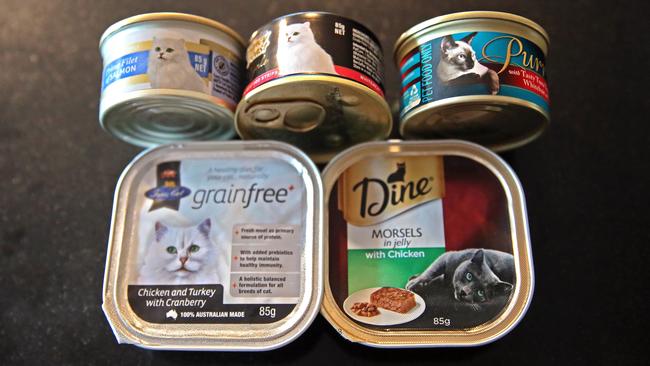
LABEL CONFUSION
It’s not only a lack of safety laws wearing down consumer trust.
Australian pet food labels are among the most confusing in the world with no consistent guidelines leaving owners at the mercy of marketing claims.
Pet owners told the 2018 senate inquiry that labelling was ‘virtually impossible to decipher’, and often ‘creatively’ implied foods were something they weren’t.
Understanding what percentage of food is meat, which meat, not to mention whether cheap carbohydrates have been substituted as fillers was near impossible and descriptions of ingredients, by-products, and heat treatments were not comprehensive enough, especially for animals with special dietary needs.
The rise of premium pet foods marketed as paleo, all natural, gourmet and fresh with no official definitions has further muddied the waters.
On top of that, regulations for ‘pet meat’ products remain inadequate due to the use of sulphite preservatives that can cause thiamine deficiency, which can be fatal.
There is currently an Australian Standard for Manufactured Pet Food, AS 5812, which most pet food manufacturers adhere to, but it is voluntary, unenforceable and doesn’t appear on all labels
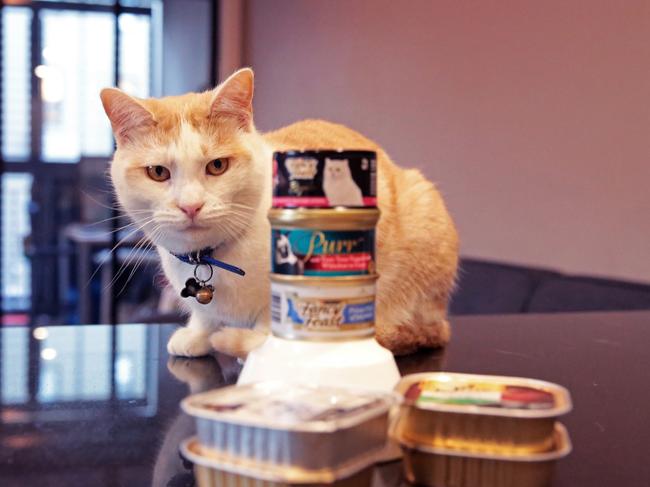
When The Daily Telegraph bought ten common tins of cat and dog food from a supermarket, none carried AS5812 on the label. To check which manufacturers were compliant required several Google searches.
Eight tins carried the US-based Association of Animal Feed Control Officials (AAFCO) nutritional balanced standard. Two cat foods did not, meaning they could potentially make a cat ill if that was all it was fed.
One cat food product labelled as “salmon” flavour contained more chicken and pork than fish.
Ingredients listed as crude protein (a chemical analysis of nitrogen present), preservatives, additives and vitamins would make little sense to the average shopper.
Pet Food Industry Association of Australia executive manager Carolyn MacGill said the PFIAA supported regulation and was working towards a mandatory standard to protect pets, support pet owners and build trust and labelling was being reviewed by the working group.
The Australian Veterinary Association, PFIAA and RSPCA all want to see AS5812 developed into a legally enforceable minimum standard for all pet food products sold in Australia.
WHAT CAN CONSUMERS COUNT ON NOW?
Vet Cherlene Lee, who owns My Vet Animal Hospital in Sydney, said the only current reliable indicators on products were the words “feeding tests” and “complete and balanced” which were standards set by AAFCO.
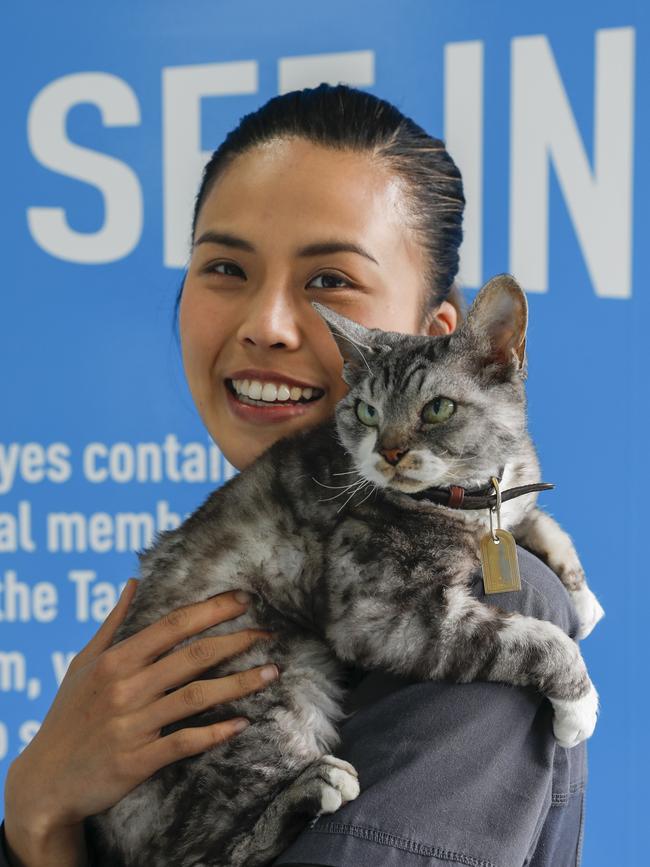
Feeding tests meant the food had been tested on dogs or cats, “not just run through the lab to check off a list”.
Complete and balanced meant the food had all the nutrients meeting the minimum requirements.
“That said, the pet food industry has a long way to go. Meeting AAFCO standards is the bare minimum any pet food should meet. If a food doesn’t even have an AAFCO statement, who knows what your pet is eating?” Dr Lee said.
She said if a pet had allergies, it was also not enough to trust the flavour on the packet.
“Always, always check the types of protein. If your pet doesn't have any particular allergies, reading ingredients lists can actually be misleading, so the main thing I have owners look out for is potentially toxic ingredients like garlic and onion.”
Finally, always talk to a vet about your pet’s nutritional needs and ask them to report any food concerns to Pet-Fast, a vet-only reporting stream for pet food safety
‘To be honest, it is difficult to absolutely guarantee safety. I can't even guarantee safety if owners prepared the food themselves!
“We rely a lot on the quality of various supply chains, the transparency of manufacturers, and the ability to be honest and recall products when safety is questionable.”
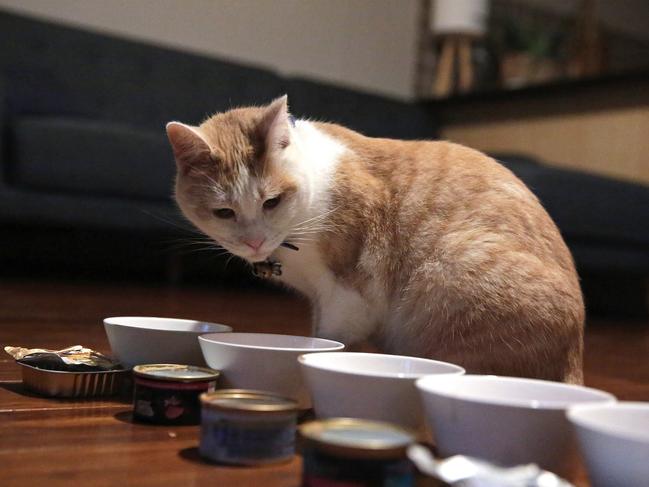
PET FOOD SAFETY: A SAGA
May 2019: Mars Petcare Australia issues urgent recall for limited number of My Dog Beef and Liver 100g packs after plastic contamination, possibly from stock ear tags, during production.
March 2019: Voluntary global recall extended to Australia for Hill’s Pet Nutrition canned dog food with potentially toxic levels of vitamin D. Batches of Hill’s popular Science Diet and Prescription Diet canned foods were included.
Nov 2018: Black Hawk Pet Care Grain free salmon Black Hawk Grain Free Salmon quarantined and tested by company after concerns pets in West Australia had become ill.
May 2018 Complaints about Applaws ‘It’s All Good Duck & Venison’ dry food, with consumers reporting mouldy dog biscuits
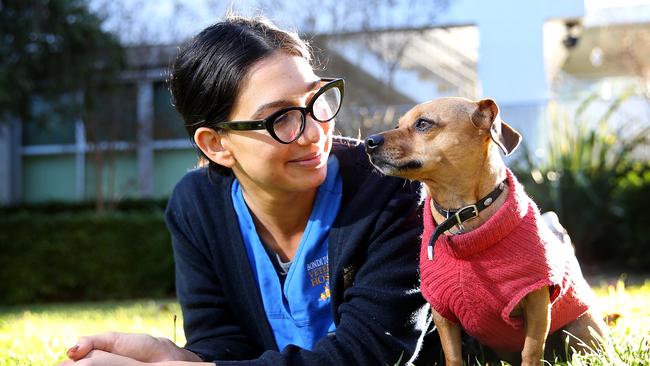
March 2018: Advance Dermocare dog food linked to at least 100 cases of megaesophagus, a condition that affects the muscles of the oesophagus that enable the dog to swallow food and water. A “megaesophagus” is like a deflated balloon that passively collects food and water until it can take no more. Because the dog cannot swallow, the food and water comes back up having never reached the stomach. 17 cases fatal.
May 2017: Weruva BFF cat food. A number of cat deaths and illness linked to Weruva Best Feline Friend cat food produced for the Australian market. Tests later revealed batches of the food deficient in thiamine.
Originally published as Australian owners still waiting for pet food safety laws

